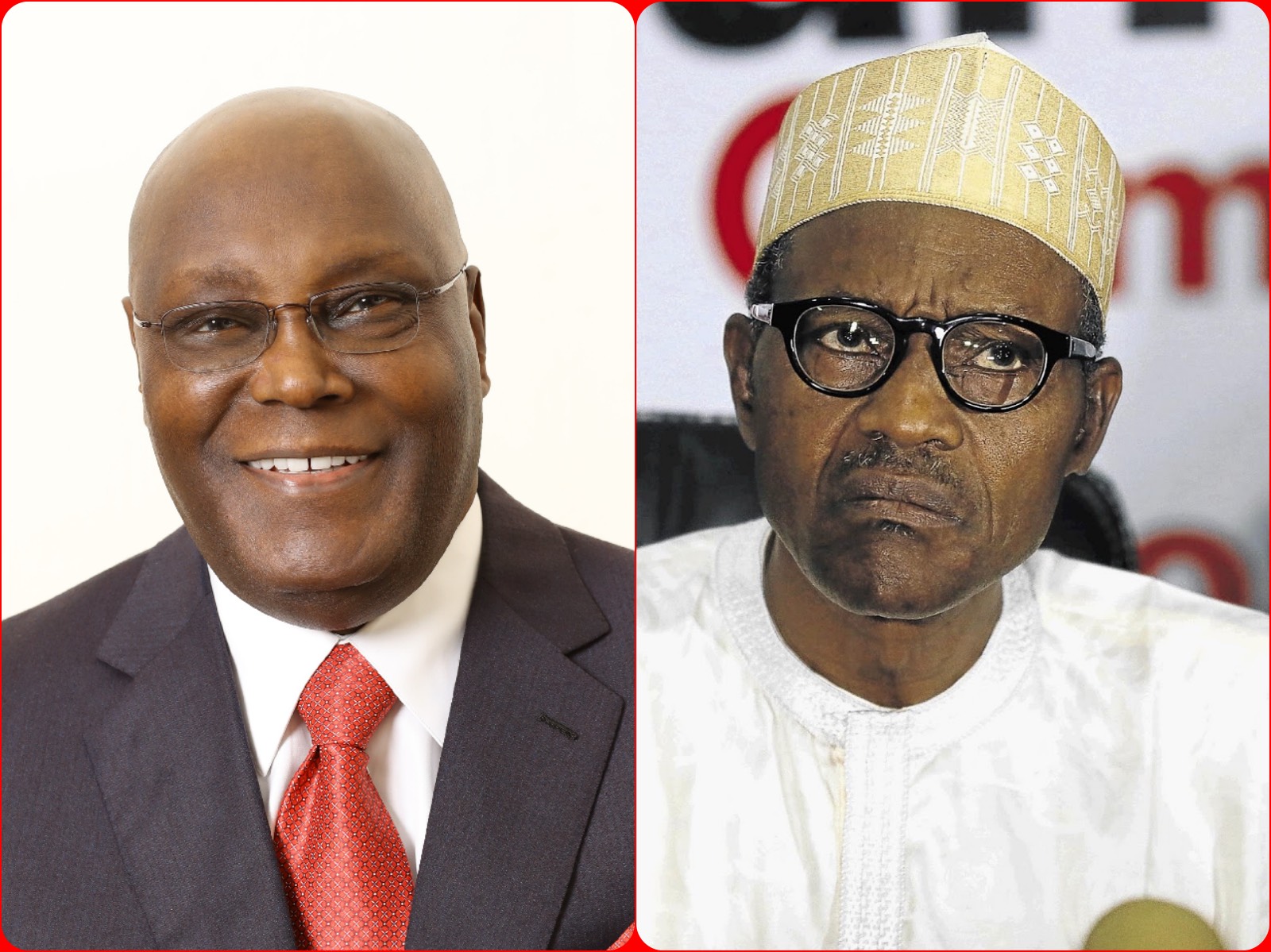[dropcap]W[/dropcap]ith the fringe parties falling to build toward 2023, this is the question on many political observers’ lips is; Is Nigeria destined to remain a 2 party State. It is on record that the 71 fringe parties which participated in the Presidential election secured only 3.18% of the vote.
With showings as dismal as this, you would expect that they would be hard at work building on their last showing towards 2023, instead many have vacated the political space.
Some such as Action Democratic Party, ADP, African Action Congress, AAC, Allied Congress Party of Nigeria, ACPN, National Interest Party, NIP, etc have embarked on acts of self-cannibalisation and navel gazing, which could only lead to extinction.
The dark horse of the fringe parties, Peoples Coalition Party, PCP, which came a credible 3rd with 110,196 or .4% of the vote cast, seems to have gone into oblivion.
The darling of the 3rd force parties, Kingsley Moghalu of the Young Progressive Party, YPP, recently announced that he is relinquishing partisan politics, to focus on non-partisan political advocacy, a Nigerian euphemism for, “I am looking for another political party”.
The disappearance of many of the parties seems to lend credence to the suggestion that some of the parties were simply vehicles for the presidential aspirants to hawk themselves for political appointments.
Most disappointing is the faith that has befallen the original left of the centre parties, Social Democratic Party, SDP, and the Labour Party, LP. The SDP has metamorphosed from one of the original two parties formed by IBB and the winner of the fairest Presidential election ever conducted in Nigeria, to a moribund platform for all comers without any discernable ideology.
The bastardisation has been very painful for those of us who will consider ourselves left centrist. The platform is now the first port of call for political nomads and discontents.
Some have argued that the purpose of the fringe parties given their limitations in terms of spread and resources has to do with the disruptive ideas they introduced into the political space. What they lacked in deep pockets they made up for with savvy use of technology to organise their support base.
Beyond using technology for the purpose of political organisation, fringe parties and their candidates made attempts to push the governance debate in a new direction reflecting the need for participation, inclusion and service delivery.
Fringe parties’ candidates, (especially the younger elements on the ballot), apparently wanted to defy the established political norms by registering their presence on the ballot.
It is argued that these candidates were probably keen to remind the electorate that the best political practice was for young men and women in their prime to aspire and realise their aspirations to lead their countries.
It is argued that candidates who participated on the platform of the fringe parties, tried to interrogate, and even challenge the major elements that have shaped Nigeria’s political participation since the Second Republic.
Those objectives, some argued were largely met because the Nigerian people were presented with options. Even if the electorate refused to choose now, they may as well reflect on the choices presented to them and eventually engage in a much more thoughtful process in future. If these were the objectives of the fringe parties, they failed woefully.
There is no gainsaying that the electorate would only respond to the calls for a paradigm shift if the candidates were better able to engage and mobilise the electorate accordingly.
The evidence would suggest that they failed to engage or mobile the electorate with voter turnout dropping from 43.65% in the 2015 general election to 36% in the 2019 Presidential election, which represents the lowest turnout recorded since 1999.
These engagements and mobilisations do not start and finish with the elections, but should continue in between elections, which is why it is highly disappointing that most of the fringe parties seem to be in a collective stupor, leaving the field once again for the two main parties.
Seyi Clement is a practising lawyer with a thriving practice in Nigeria and the UK, publisher, good governance advocate. Co-sponsor of Seyi Clement Foundation.
The opinions expressed in this article are solely those of the author







